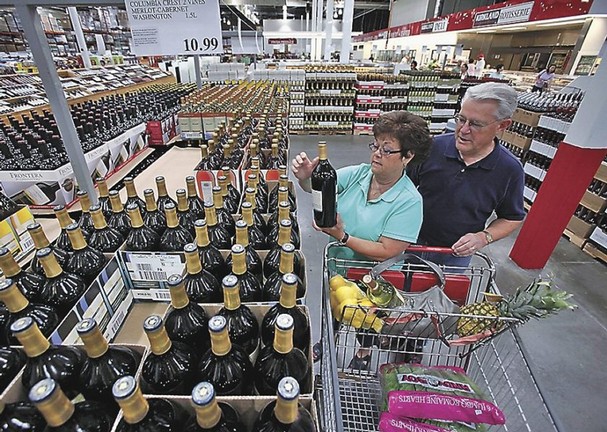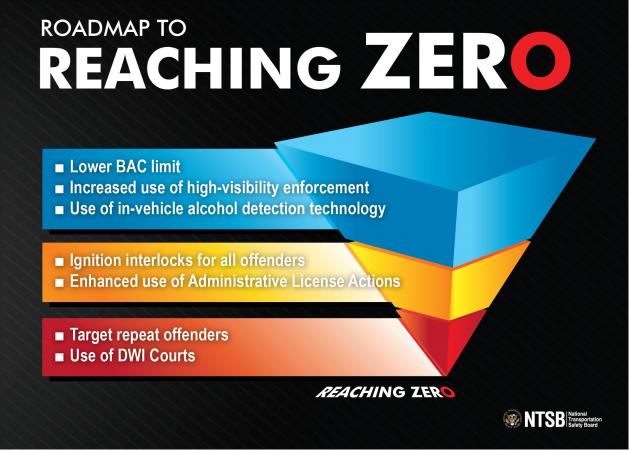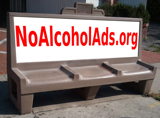Blog
Costco Continues Deregulation Push in WA
- Details
- Created: Tuesday, June 25 2013 20:12

In 2011, retailer giant Costco shattered single-donor campaign contribution records in Washington State by spending more than $22 million to pass Initiative 1183 - legislation that privatized state liquor sales and allowed grocery stores to sell spirits. The privatization of alcohol sales has undoubtedly led to more alcohol-related harm in Washington: data shows that privatization leads to more alcohol consumption, more binge drinking, and more deaths per year. The only upside of passing I-1183 was that it at least contained a 17% tax on all sales - money that is sorely needed to pay for the extra costs of alcohol-related harm to society. Costco added this fee to the language when it became clear that voters would not otherwise approve an initiative that both increased alcohol availability and decreased government resources to address the consequences. Without the fee, the state of Washington would have been left with a revenue gap of hundreds of millions of dollars lost from state liquor store profits.
Unsurprisingly, Costco is not content to pay any part of the tax burden on their new product channel. In an attempt to squeeze out every last penny of profit at the expense of Washington residents, they are now petitioning the legislature to pass a special bill that would exempt them from paying the 17% fee on sales directly to restaurants. The proposed legislation, Second Special House Bill 1161, would cost the state tens of millions of dollars in revenue at a time that it is desperately trying to find more money to pay for tougher drunk driving laws and other critical public health programs. Additionally, 2SHB 1161 would unfairly tilt the playing field in Costco's favor, putting the retail behemoth at an advantage over other private retail distributors and potentially putting a thousand jobs at risk.
Costco's willingness to blatantly subvert the democratic process by buying its way into legislation has put them on public health's bad side for several years now. But Costco's latest attempt to end-run the citizens of Washington by removing the very tax mechanism that convinced voters to approve privatization in the first place represents whole new heights of deceit and greed.
NTSB Issues Recommendations to Eliminate Drunk Driving
- Details
- Created: Tuesday, June 04 2013 21:37
 |
The National Transportation Safety Board (NTSB) recently issued a recommendation to reduce the illegal blood alcohol concentration (BAC) per se limit from .08 to .05 or lower in the U.S. to save lives and prevent injuries. The recommendation would bring the U.S. standard in line with more than 100 nations including Australia, Austria, Denmark, France, Germany, Israel, South Africa, and Spain. In 2011, 9,878 people were killed in alcohol-impaired-driving crashes in the U.S., accounting for 31% of the total motor vehicle traffic fatalities nationwide. More than 180,000 people were injured, and drunk driving crashes now cost America $130 billion annually. Alcohol Justice stands with the NTSB in supporting the recommended limit change as an important step to save lives and prevent alcohol-related harm.
L.A. City Council Closer to Banning Alcohol Ads on City Property
- Details
- Created: Tuesday, June 04 2013 21:37
L.A. City Council Moves Closer to Banning Alcohol Ads on City Property

After several years of delays, the Los Angeles City Council will soon consider a motion to create an ordinance to ban alcohol ads from L.A. city-owned or controlled property. The motion, put forward by Public Safety Committee Chair Mitchell Englander, will now move before the full City Council for its approval. If passed, the City Attorney will draft the ordinance language. Supported by the Los Angeles Coalition to Ban Alcohol Ads on Public Property, Alcohol Justice, and many other public health advocates, the ban would substantially reduce the number of outdoor display surfaces available to alcohol advertisers in the city of L.A. “I would like to thank the community for bringing this important issue to our attention,” said Councilmember Englander. “By banning alcohol advertisements on City property on future City contracts, we have taken an essential step in making the City of Los Angeles safer for our children and families.”
More Articles ...
Subcategories
Help us hold Big Alcohol accountable for the harm its products cause.
| GET ACTION ALERTS AND eNEWS |
STAY CONNECTED    |
CONTACT US 24 Belvedere St. San Rafael, CA 94901 415-456-5692 |
SUPPORT US Terms of Service & Privacy Policy |


